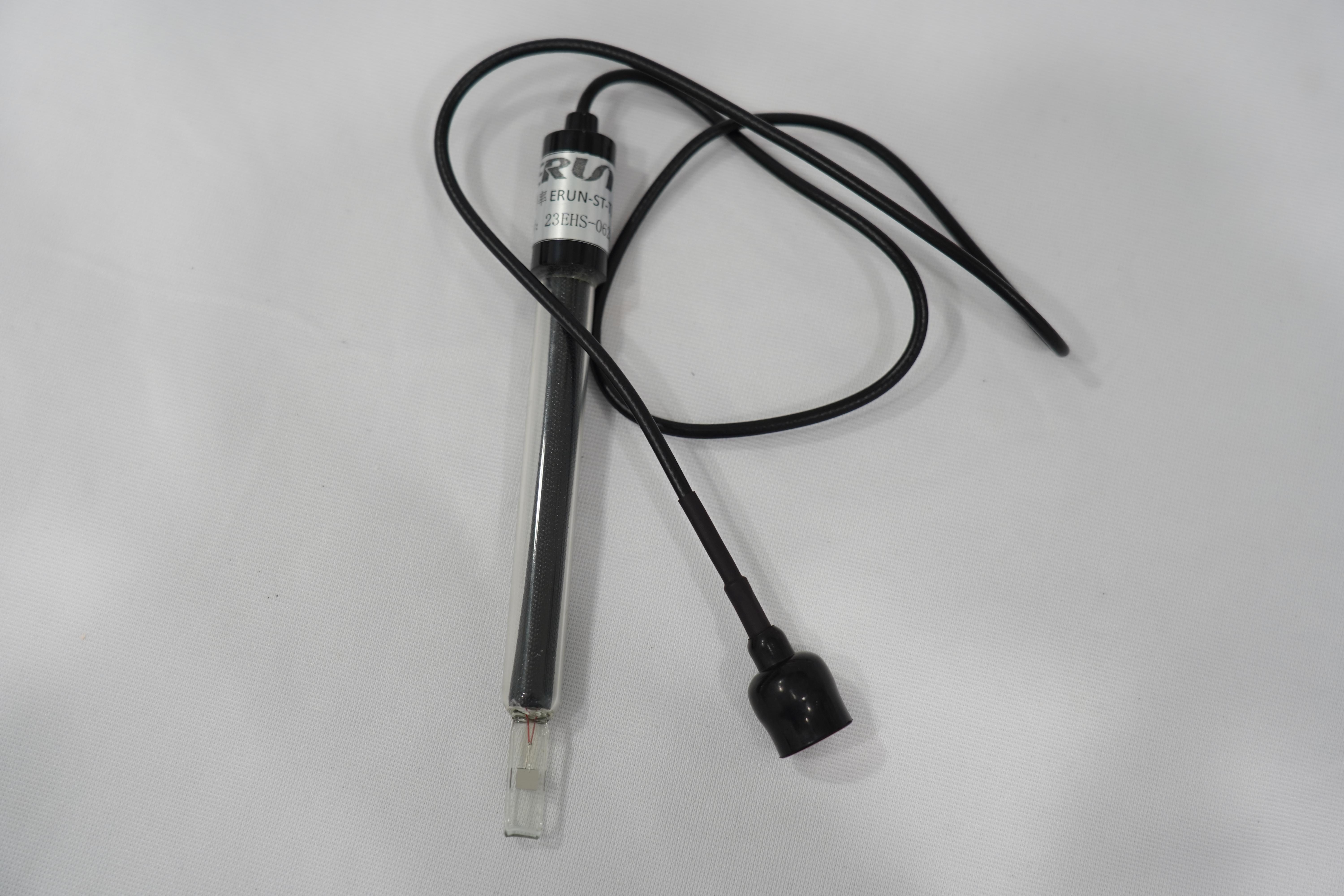Before discussing the standards for total dissolved solids in tap drinking water, we must understand what TDS is and why it is so important to drinking water quality.TDS refers to the total amount of dissolved solid matter in water, excluding bacteria and viruses, usually expressed in milligrams per liter (ppm). These dissolved solids include minerals such as calcium, magnesium, sodium, potassium, as well as salts, metals, carbonate compounds, etc. that may affect water quality.

According to WHO guidelines, the health effects of TDS concentration in drinking water vary from region to region, depending on the local water source characteristics to which people have long adapted. The TDS value can reflect the purity of water quality, indicating a higher concentration of pollutants in the water, and can also indirectly reflect the physical properties of water such as hardness and conductivity.The standard stipulates that the TDS limit in drinking water should not exceed 1000mg/L (or 1000ppm). This standard is based on comprehensive considerations of human health needs, water resources and existing water treatment technologies.
There are scientific and health considerations for setting such standards. First, a moderate amount of TDS can provide the minerals needed by the body, but too high a level may put a burden on kidney function, especially for those with kidney disease.Secondly, high TDS levels in water may cause corrosion of pipes and equipment, affecting the service life of domestic and industrial water facilities. Finally, too high TDS may also affect the taste of water, making it bitter or metallic, affecting the taste and acceptance of water.
From a health perspective, monitoring the TDS level of drinking water is of great significance for preventing chronic health problems. For example, long-term intake of high-TDS water may increase the risk of stone disease, especially when the water contains high levels of minerals such as calcium and magnesium. In addition, certain heavy metals may also pose a threat to human health if they exceed certain concentrations.
Although the TDS value cannot directly reflect the quality of water, it can be used as a reference indicator to evaluate the purity of water. Generally speaking, the lower the TDS value, the less dissolved substances there are in the water, and the water quality is relatively pure.However, a too low TDS value does not necessarily mean that the water quality is good, because some minerals that are beneficial to the human body will also be removed at the same time. Therefore, in actual operation, we need to set a reasonable TDS value range based on the specific water source conditions and water quality requirements.
TDS value is affected by many factors, including the geological conditions of the water source, hydrological environment, human activities, etc. TDS values in different regions and water sources may vary greatly. In addition, the treatment process and purification equipment of tap water will also affect the TDS value. Therefore, TDS testing of tap water quality is particularly important.Erun Environmental Protection independently produces water quality testing instruments and equipment suitable for multiple scenarios, including laboratory desktop TDS water quality testers, portable TDS water quality testers, online TDS water quality monitors, etc., which can quickly detect the TDS value of tap water, help judge the tap water quality, ensure water quality safety, and protect public health.
